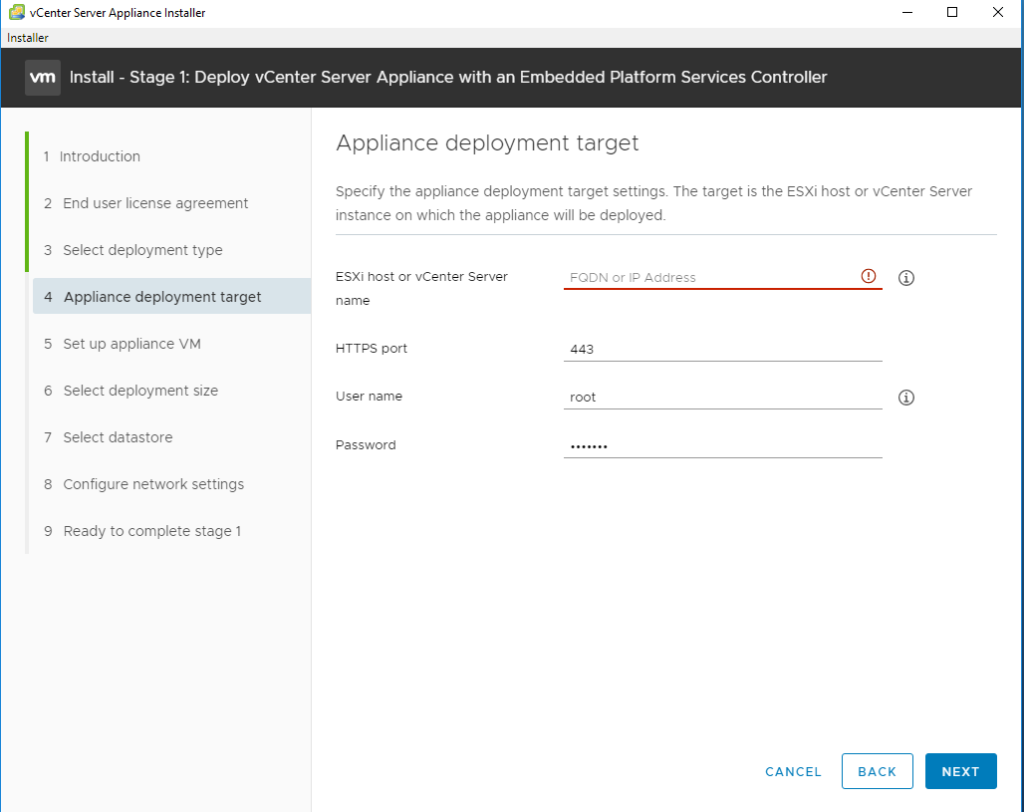

Local authentication: Local authentication is the common forms-based authentication uses the contact records of a Dynamics 365 for Customer Engagement organization for authentication. Local authentication is the common forms-based authentication uses the contact records of a Dynamics 365 for Customer Engagement organization for authentication. This extension has been deprecated and will be removed soon.

Under Updates, you’ll see that the new release wave is available. Make sure you have proper rights before provisioning the portal. In this blog, I will set-up the default portal authentication provider using the new PowerApps/ Dynamics 365 Portal identity provider configuration UI. Create a custom connector by importing a Postman collection. Make two text input’s Default property as blank and set both’s Hint text to (Enter Username and Enter Password). If you are not aware of the preview feature, please visit the previous blog to know more about this new preview feature. So the notice was remove until that happens. Effective December 2020, Microsoft Internet Explorer 11 support for Microsoft Dynamics 365 and Microsoft Power Platform is deprecated, and Internet Explorer 11 won’t be supported after August 2021. Click on “Manage” to bring up the Portal Admin Page. Next up is creating the custom connector in Microsoft Flow.

I can check which identities are associated to my portal account on the portal side: My portal account is a local account, but I can use google signin. Insert two Text input controls (One is for Username and another one is for Password). There’s no better way to get a sense of what a platform can do than by looking at existing examples. So below is the identity provider screen. Here are all the … Allow user to authenticate to B2C using … The two apps should now … 0 SP1, SQL, RDLC Reporting Microsoft Dyncamics Technical Developer. About 365 Portal Authentication Dynamics. One of the biggest bug-bears of PowerApps is that it doesn't support guest, or unauthenticated access. All of the authentication in the portal is recommend to be deprecated, and that Azure AD B2C is the identity provider of choice. PowerApps Portal Authentication Kindle Edition by Debajit Dutta (Author) Format: Kindle Edition. Anonymously, LinkedIn, Microsoft ID, Azure AD account, SAML2, OpenId Connect or else.


 0 kommentar(er)
0 kommentar(er)
